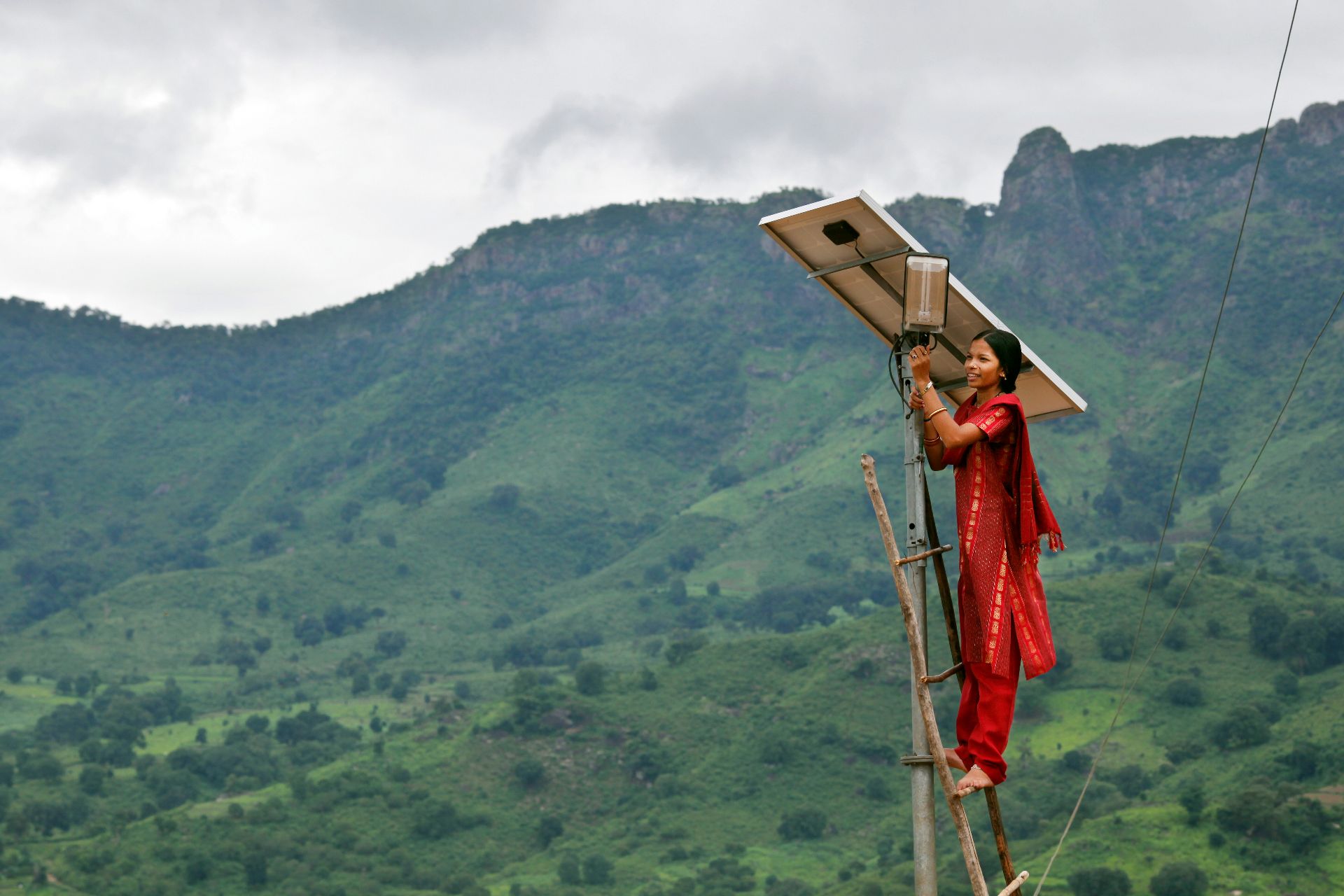In the context of Black Lives Matter, decolonisation movements and the threat to international aid in the recent DFID / FCO merger, the time is now for “development” to change.
Many of the threats to the development project appear to stem from a failure to win over the public, a failure to align with contemporary politics, and an enduring paternalistic tendency that puts off the young generation who are more concerned about justice than charity.
This is the final entry of a three-part blog series exploring some of these issues through the theory of “post-development”. Coming to this series for the first time? Read Ben’s first blog here, and second one here.
Each blog unpacks contemporary debates and attempts to make sense of them, before offering some reflections about how our practice and our ideas of development need to change. The series is based on the author’s 2019 PhD Scotland, Malawi and the Post-Development Critique.
History of “Development”
International development is steeped in colonial history. The industry’s history dates back to the colonial project, and its contemporary manifestation to post-war efforts of the United States to assert its hegemony across the world. By defining vast swathes of the world as “developing”, US President Harry Truman in his inaugural address in 1949 made a bold claim to power and superiority, revealing as much about geo-politics as it does about poverty or global inequality. This terminology immediately put Europe, the US and the rest of the “new world” at the top of an imagined hierarchy, giving those states the power to intervene upon those who didn’t make the cut.
The “knowledge” that underpins this process of categorisation operates through the development industry to give meaning to this Eurocentric viewpoint, and is in such a way itself oppressive. It is a concept that puts people into boxes and affirms artificial racialised categories. It is based on the idea that individualism is superior to collectivism, secularism is superior to religion, and relations of contract are superior to relations of kinship. This myth misrepresents both sides of the manufactured divide. It homogenises too many diverse countries and communities into large groups and obscures a more accurate picture of the way the world is.
Many development practitioners exhibit behaviour based on this oppressive structure by abusing their positions of power, disregarding and marginalising their “partners” in the “global south” and propping up a global structure that perpetuates inequality. Beyond these individuals, the structure of aid and development projects often reproduces this inequality, through the way it is organised, how decisions are made, and by failing to tackle the political structures that perpetuate global inequality.
Words Make Worlds
The Scottish Government is currently undertaking a review of its international development work which takes direct aim at what it calls the “white gaze” which shapes development policy. This is very welcome. However, to get to the root of this problem, the product of this review and reflection must be more than skin deep – it must not just be another change in terminology or language use.
Words are important. The language we use shapes how we interact. Especially in the development industry, where words can exclude and alienate those who are not so conversant in the buzzword of the day. The words we use set the rules of the game: who is able to speak, in what space, which points of view are heard, and whose expertise is valued.
Language is always shaped by power relations. For exmaple, the words we use for animals in English – ox, cow, sheep, ewe, ram, pig, sow – are those of the conquered Anglo-Saxon serfs who herded the animals, whereas the words for meat – beef, veal, mutton, pork – are those of the conquering Normans who ate them. So what do development words reveal then about power? When we talk of the landless peasant, the peri-urban poor, the subsistence farmer; or when we discuss accountability, capacity building, knowledge transfer, market-based approaches and good governance; what do these words show about the power behind the way development is structured?
Scotland’s International Development Alliance is currently beginning a process of consultation to reflect on what language is appropriate to use in development, in particular reflecting on what term is most appropriate for categories of countries. There are many options: “developing” and “developed countries”, or “global south” and “global north”. The old term “third world” is still used by some actors in the south. The term “majority world” is used in some publications, thought hasn’t cut through to enter common usage.
To be meaningful, it’s vital that this process gets beyond the words alone and addresses the root of the problem. Often, the debate over what terminology to use misses the point: it is not the word in itself that is the problem, but the category. The word is only a vehicle for a concept, and fundamentally the whole concept of one group of countries in direct opposition to another (majority vs minority, south vs north, developing vs developed) is what must be addressed.
Words don’t just spring up into being. They are created by structures of power and knowledge and replicate those structures when uttered.
Categories
Part of the reason that these categories are clung to is because they still shape the way that the world goes around. From a policy point of view, categorising a country like Malawi as a Least Developed Country has a great deal of practical meaning: it means the country can access funds that it otherwise would be unable to, and that it can unite with others in this category to lobby for change.
This is particularly evident in international climate negotiations. Under the Kyoto Protocol, countries are categorised as “annex-1” and “non-annex 1” countries. At COP26 in Glasgow next year, countries will participate as Least Developed Countries (LDCs), as part of the Alliance of Small Island States, Like-Minded Developing Countries (LMDCs) the Group of 77 (G77) or indeed the G77 plus China.
These categories are the products of geo-politics, and in such a way do have a clear function in policy terms. In a very general sense, these categories have meaning because it is mostly those countries known as “developed” which caused this crisis, and those known as “developing” who suffer most from it. That is true, and is vital in informing global negotiations on emissions reductions, and financial compensation for the countries which are already enduring the devastation of climate change. However, the categorisation of annex-1 vs non-annex 1 is for the purposes of cultural dialogue is certainly not functional and can hinder progressive global exchange.
Fundamentally, the lesson here is one of superficial versus depth. Changing words alone does not change anything. We must tackle the roots of the word, which are both economic and cultural. When governments of the world pledge to listen to the youth or to champion the global south, these words are meaningless unless they relate to real practical transformation and a concerted effort to uproot structures of injustice. When we change the words we use for development, but do not also act to tackle the power imbalances at the root, this just further isolates actors who were not invited to the decision table.
Words can reveal, words can penetrate, words can offend and isolate. Words are important. But words are the tip of the iceberg and are only a way of presenting the world. Warm words on the surface that don’t get to the root are words in the wind. The real challenge has to be to change the structures of injustice which shape our lives.
This is the final entry of a three-part blog series by Dr Ben Wilson exploring the concept of post-development, and reflecting on what it means for international development in 2020.
Coming to this series for the first time? Read Ben’s first blog here, and second one here.


